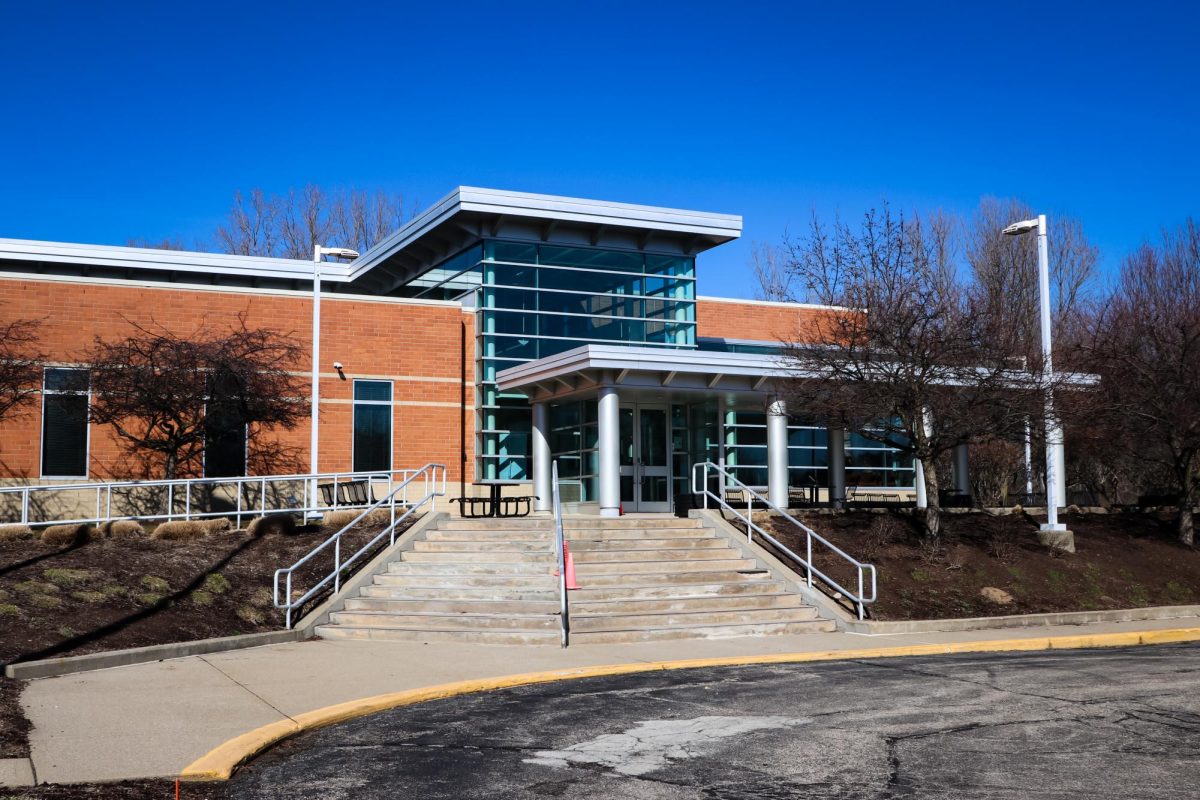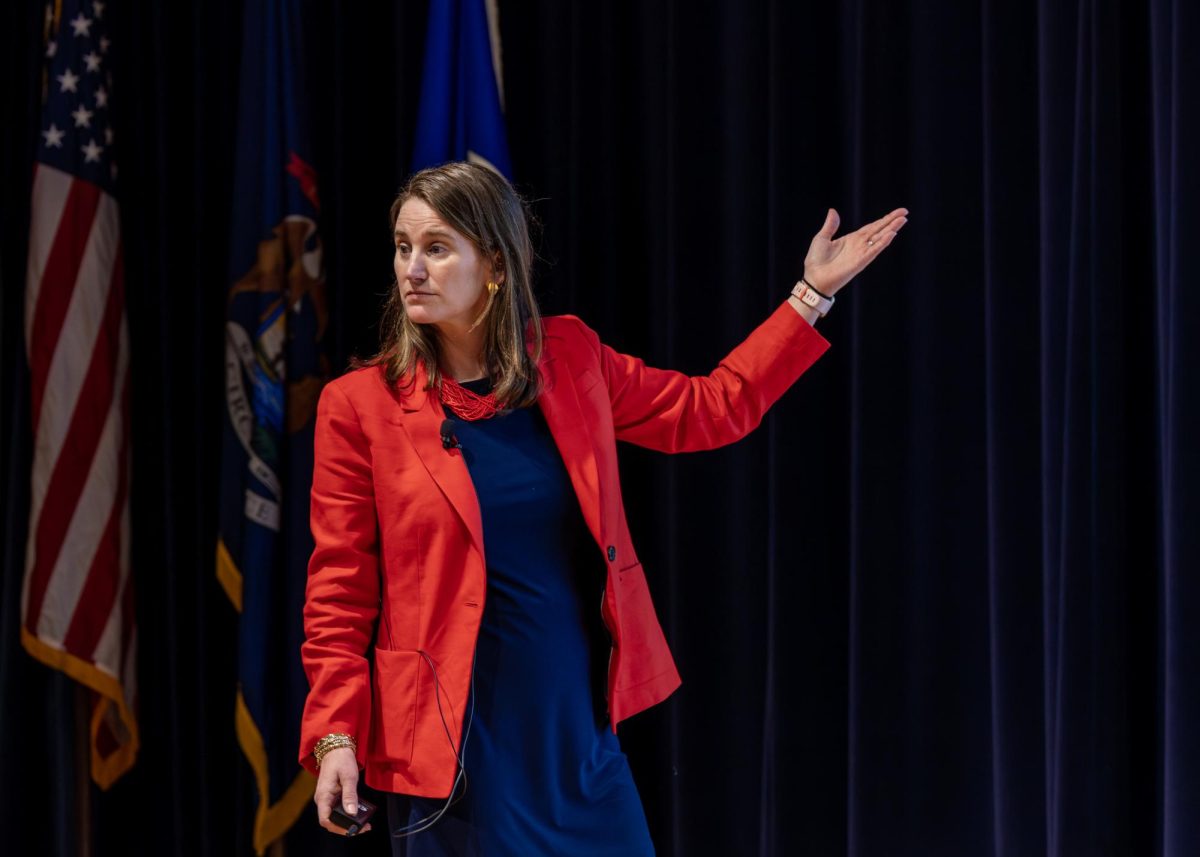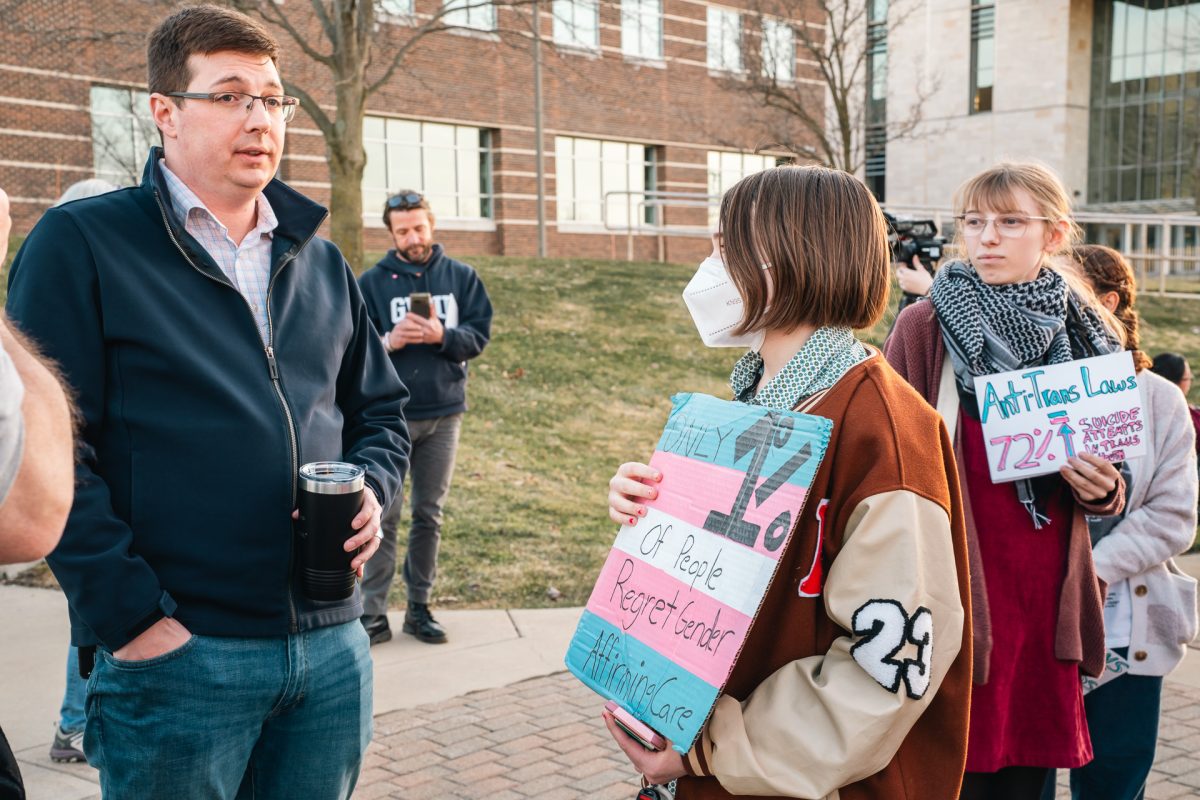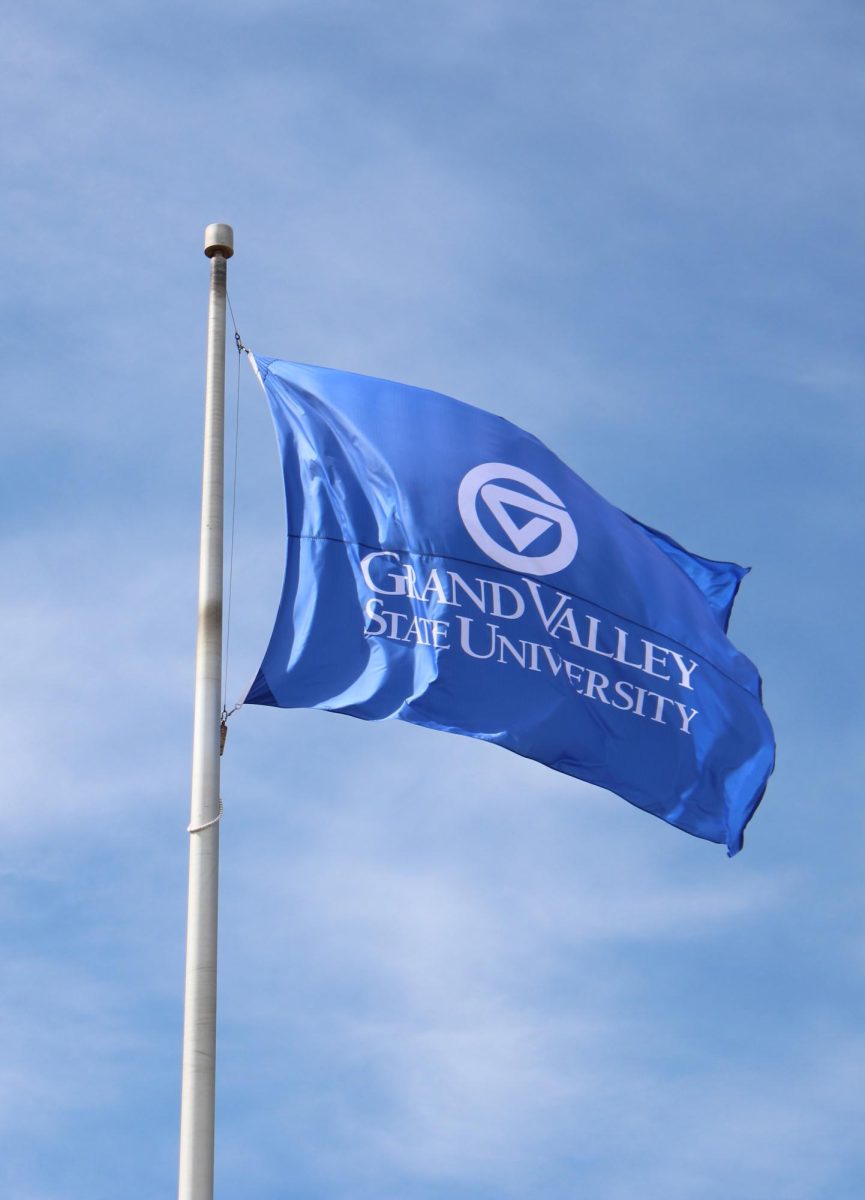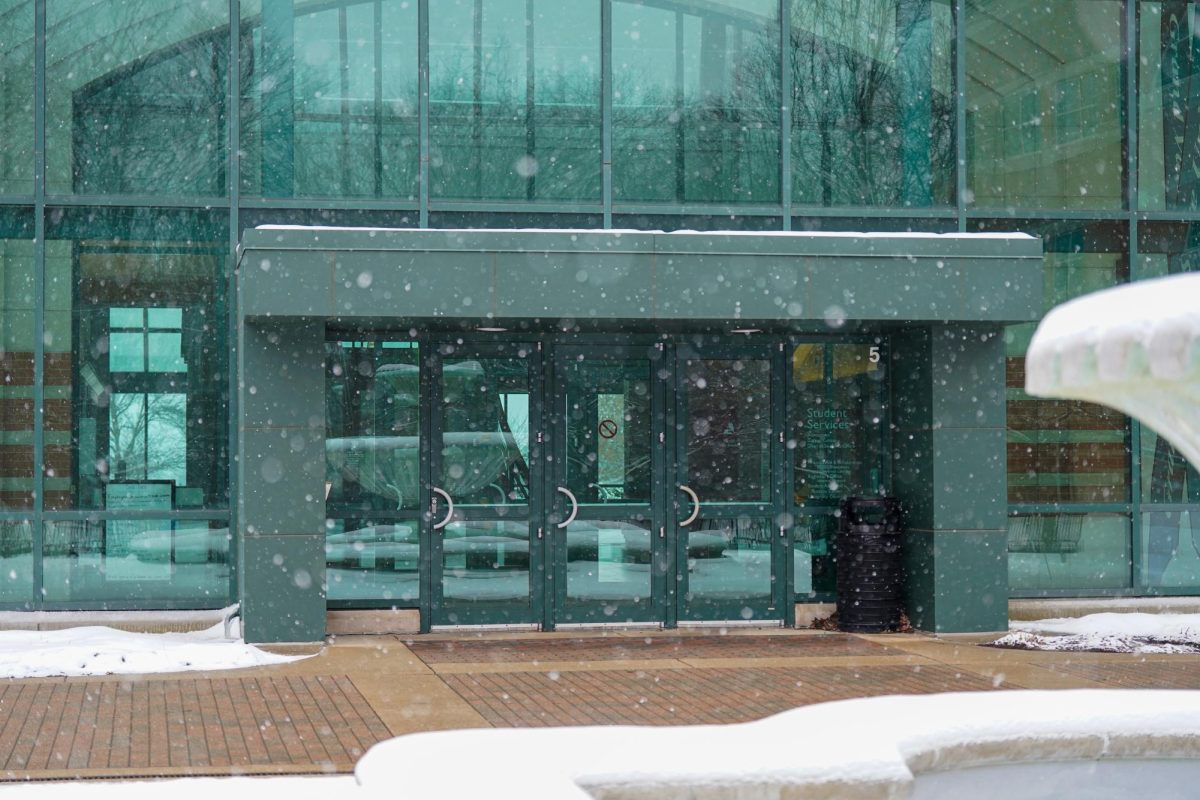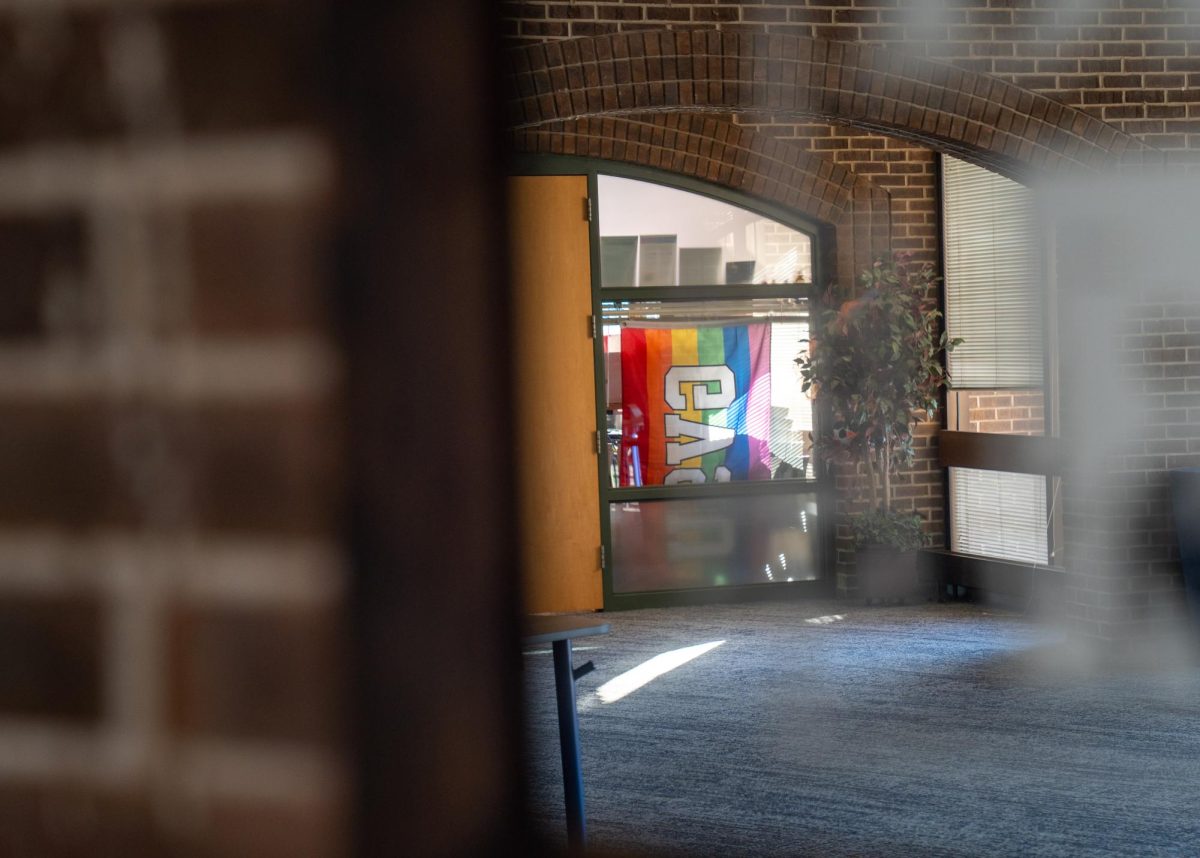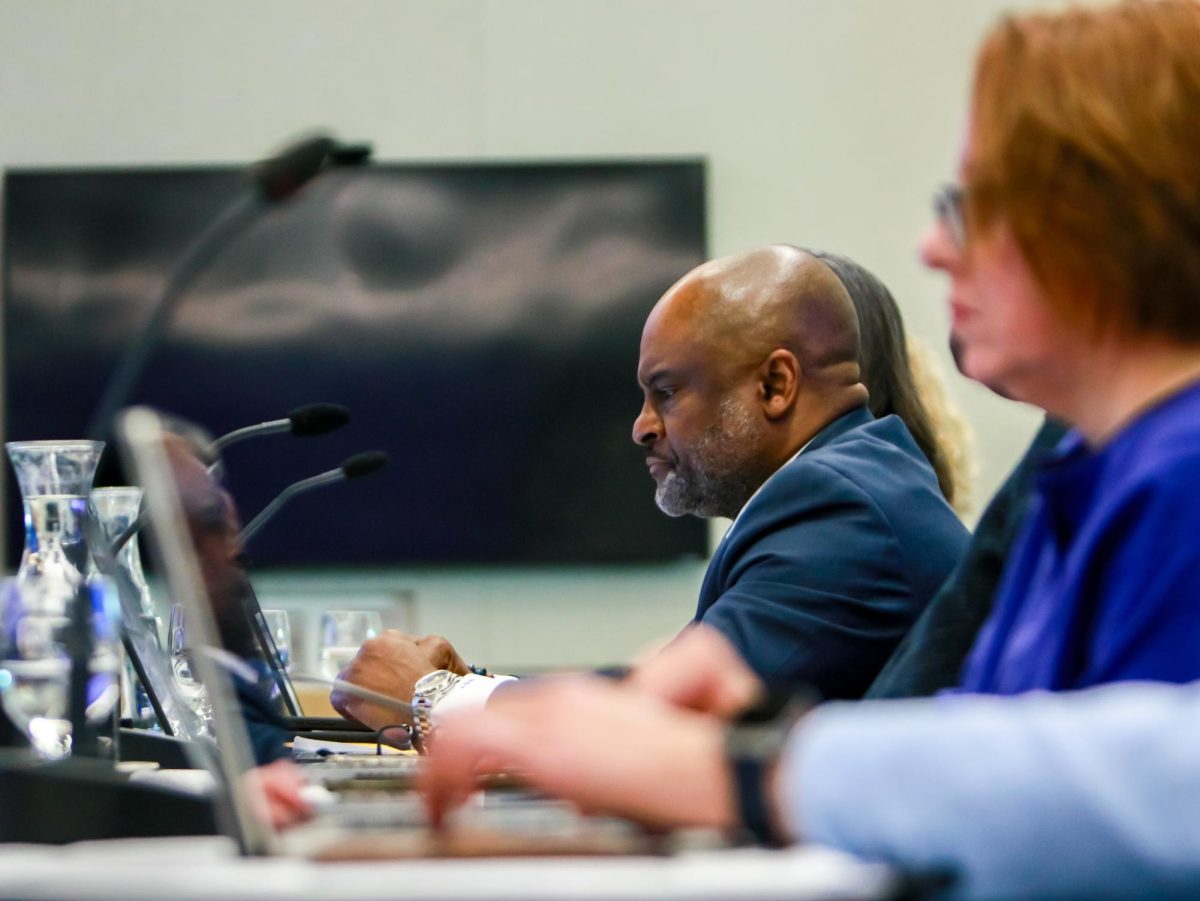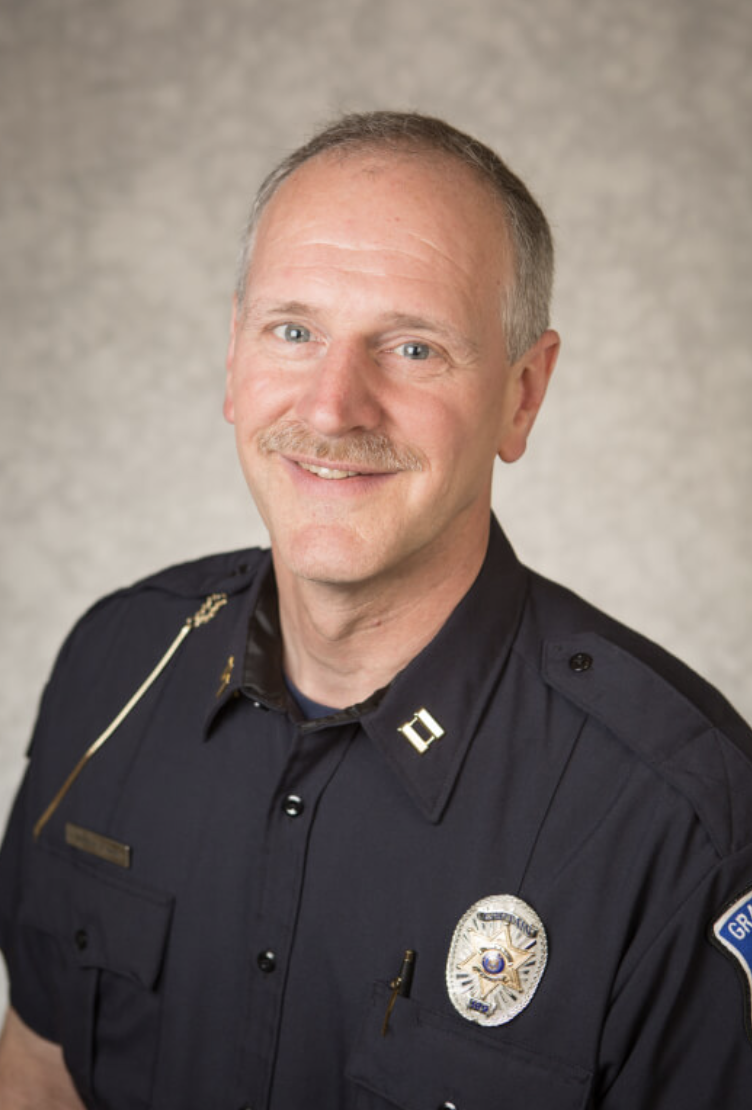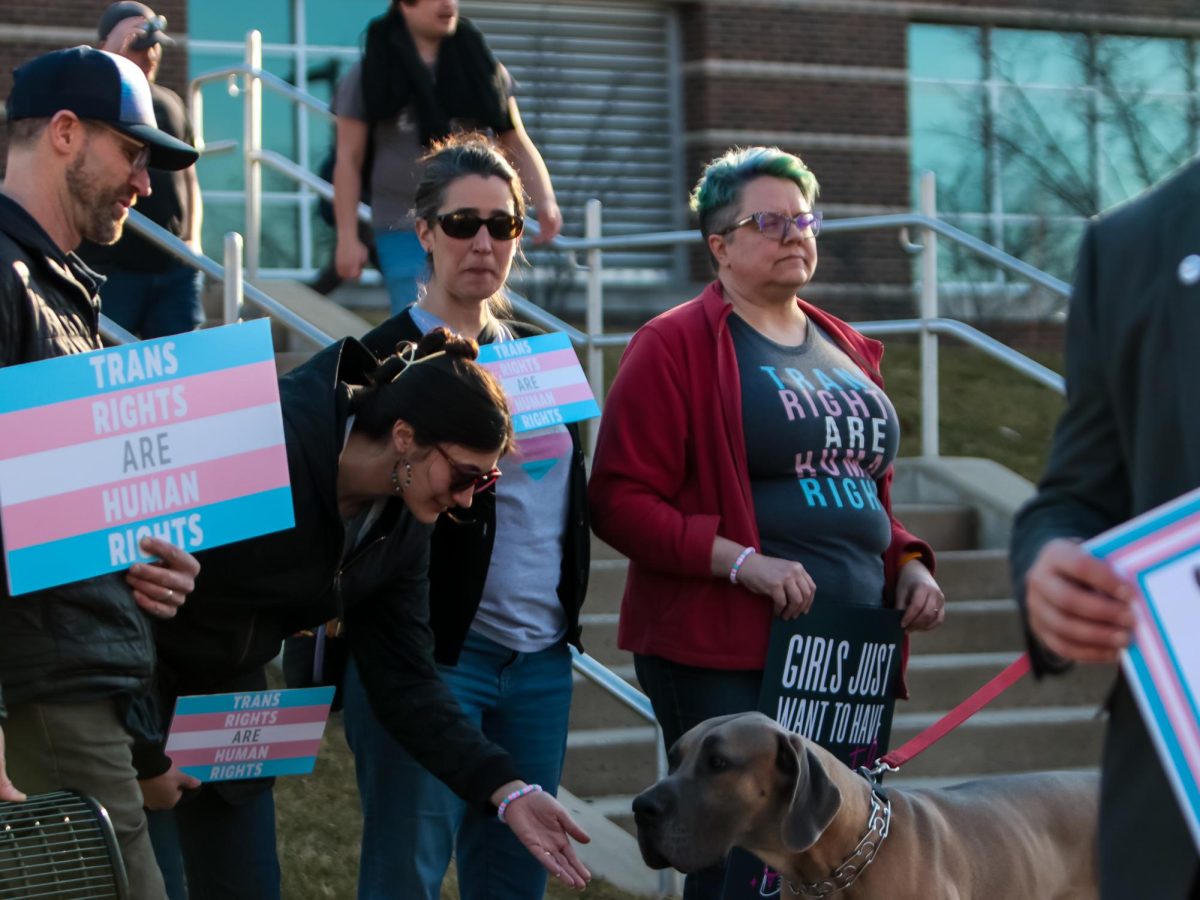During the Grand Valley State University Board of Trustees (BOT) meeting on Feb. 23, it was announced the GVSU Police Academy will be relocated from the Allendale Campus to Holland’s Meijer Campus. This move was proposed to meet the demands for law enforcement training and education, and will cost almost $6.5 million in renovations.
The project includes the addition of classrooms, scenario rooms, a multipurpose room, a weight room, a mat room, locker rooms, a computer lab and an exterior driving course for instruction and performance evaluations. Relocating the police academy utilizes the space on the Holland Campus, which was closed to the public in 2020 and according to GVNext, had been utilized for COVID-19 vaccination clinics. However, some students are concerned about how University resources are being allocated to support this project.
The police academy was founded in 1974. The program averages 35-40 recruits per session which are eight weeks or 15 weeks in length. According to the academy, it has a 99% licensure exam pass rate, a 96% completion rate and a 96% employment rate. In years prior, it has hosted only one 15-week academy, which took place during the summer. Last fall, however, GVSU Police Academy added another 15-week session to meet the increased need for officers in the area. There is also an eight-week session option for military police veterans.
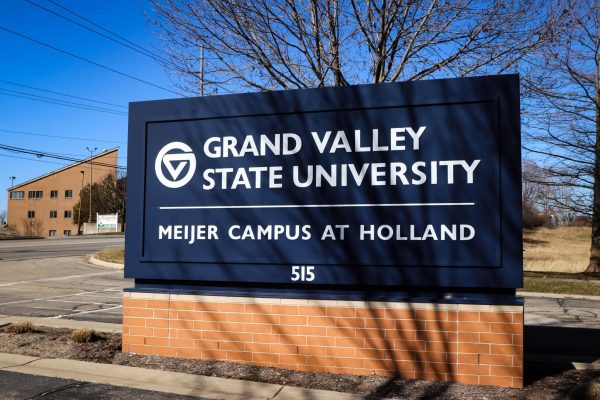
BOT documents report that construction on the Meijer Campus is expected to begin in March of this year, with targeted completion projected by February 2025. The university plans to release more details about the project in the coming months. GVSU officials said the relocation and renovations will help accommodate the growth of the academy.
However, one potential problem of relocating the police academy is travel. Having to commute from Allendale or Grand Rapids to Holland could pose a challenge for students trying to schedule classes around their training, and the cost of gas.
While the University said the move will open opportunities within the police academy program, some GVSU students are displeased with these plans and feel the millions of dollars allocated for the relocation should be utilized towards addressing student concerns currently taking place on campus.
Micah Colby, a member of GVSU’s Young Democratic Socialists of America/Students for a Democratic Society (YDSA/SDS) said there are issues on campus that students are facing and he is disappointed by the financial decisions of the university.
“It’s our tuition money going into it, you know. We’re already having a housing crisis. We need more housing,” Colby said. “We need more resources for mental health, for disabled students, that sort of stuff, but the school has decided that their time is better spent, and their money is ‘better spent’ on another police facility.”
Jessica Koerkel, president of YDSA/SDS said she thinks the university should invest in bettering the quality of student life, not in the Police Academy.
“Student tuition should go into making our college a better place for those who live and study here, not for cops who will harass and harm the diverse communities Grand Valley claims to value,” Koerkel said.
Colby was also skeptical of the estimated cost.
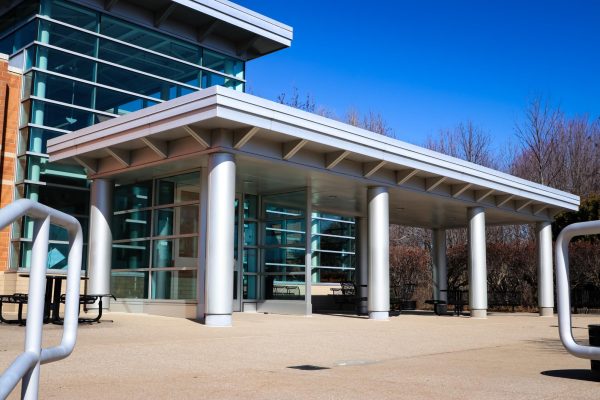
“They’ll always start with a low estimate, like oh, it only costs like $5 to $10 million, and then they’ll claim inflation and claim they need more facilities. They’ll claim anything to increase the budget even more,” Colby said.
YDSA/SDS shared a post of similar sentiment to their Instagram page, pushing that the BOT should be more considerate of immediate student issues.
Members of YDSA/SDS encourage students to advocate for themselves and their needs, calling for better living conditions in the area. They do not think a larger police force is the answer.
“We have way too many police in this country. Every study that’s been done on policing has shown that an increased police presence does not lower crime,” said Colby. “If you actually want to lower crime and you actually want to make the community safer, you need to invest in housing, school, health care and food programs.”
The police academy’s future will continue to unfold in a new location with new resources. It remains to be seen if changes will have an impact.





